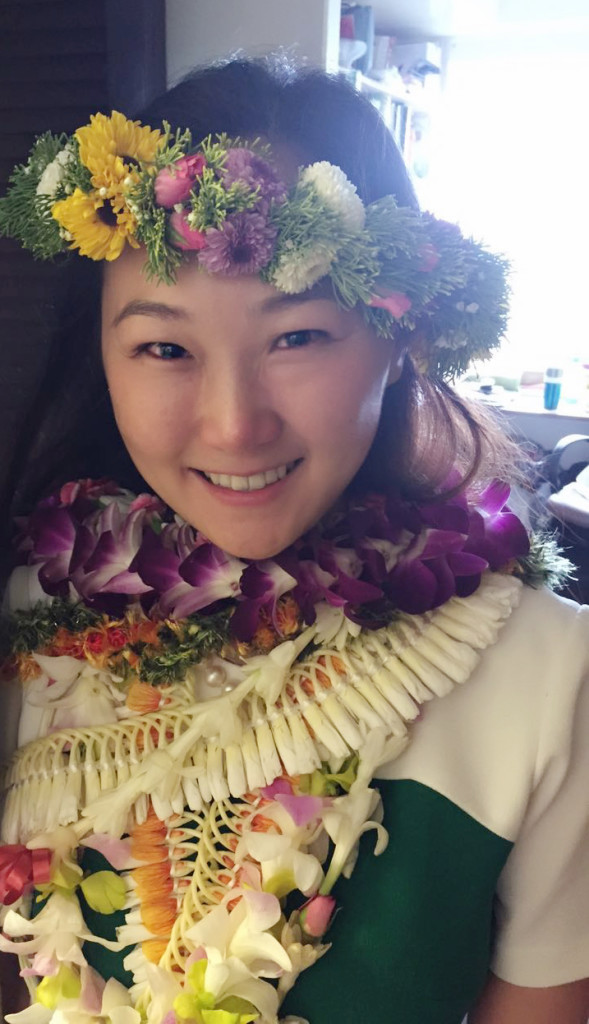Lu Leng’s Dissertation Defense

Abstract: Studies have characterized high school students as bored, alienated, and disconnected with their class and the learning process. In order to address students’ learning needs, this study explores the impact of philosophical inquiry on the development of adolescents’ academic engagement and psychological well being, and adds to the scholarly research on Philosophy for Children Hawaiʻi. In determining an appropriate and holistic approach to investigating students’ learning experiences, this study involves multiple forms of data collection, specifically including surveys, student work, focus group interviews, classroom discussions, and reflective notes.
Applying both qualitative and quantitative methods, this study developed a deeper understanding of what classroom contexts, conditions, discourses, tools and practices promote positive adolescent learning experiences.
This research consists of two studies; the first study is a multiple case study, and the second study is a descriptive quantitative study. Through six real-life case studies and one cross case analysis, Study One developed a conceptual framework of student academic engagement in a philosophical inquiry class and summarized reasons why the participants engaged in learning and their perceptions of a meaningful life. First, students believed that maintaining a safe and positive classroom environment is a fundamental condition for learning. Second, they reported that asking questions, sharing ideas, listening attentively, thinking deeply, and making connections are the manifestations of an engaging classroom in the philosophical inquiry process. Third, students reported that they transcended their learning experiences by living a new philosophy.
In Study Two, findings related to the Philosophical Inquiry Questionnaire indicated that the philosophical inquiry participants’ global learning outcomes, including students’ abilities to engage in philosophical reflection, to make decisions, to be a responsible and ethical member of the community, and to show empathy to others was improved after the Philosophical Inquiry experience. The Sense of Coherence Scale results suggested that students’ global sense of coherence was improved as well. Participants reported that they made more sense of the world and the events that occurred in their daily lives. They believed that they were more able to manage resources to solve problems and make informed decisions. The most interesting finding in the Sense of Coherence Scale was that participants did not improve their Meaningfulness score, which implied that these adolescents were still in the process of figuring out their identities and what their future lives will hold.
Posted in: Latest News
Leave a Comment (0) ↓